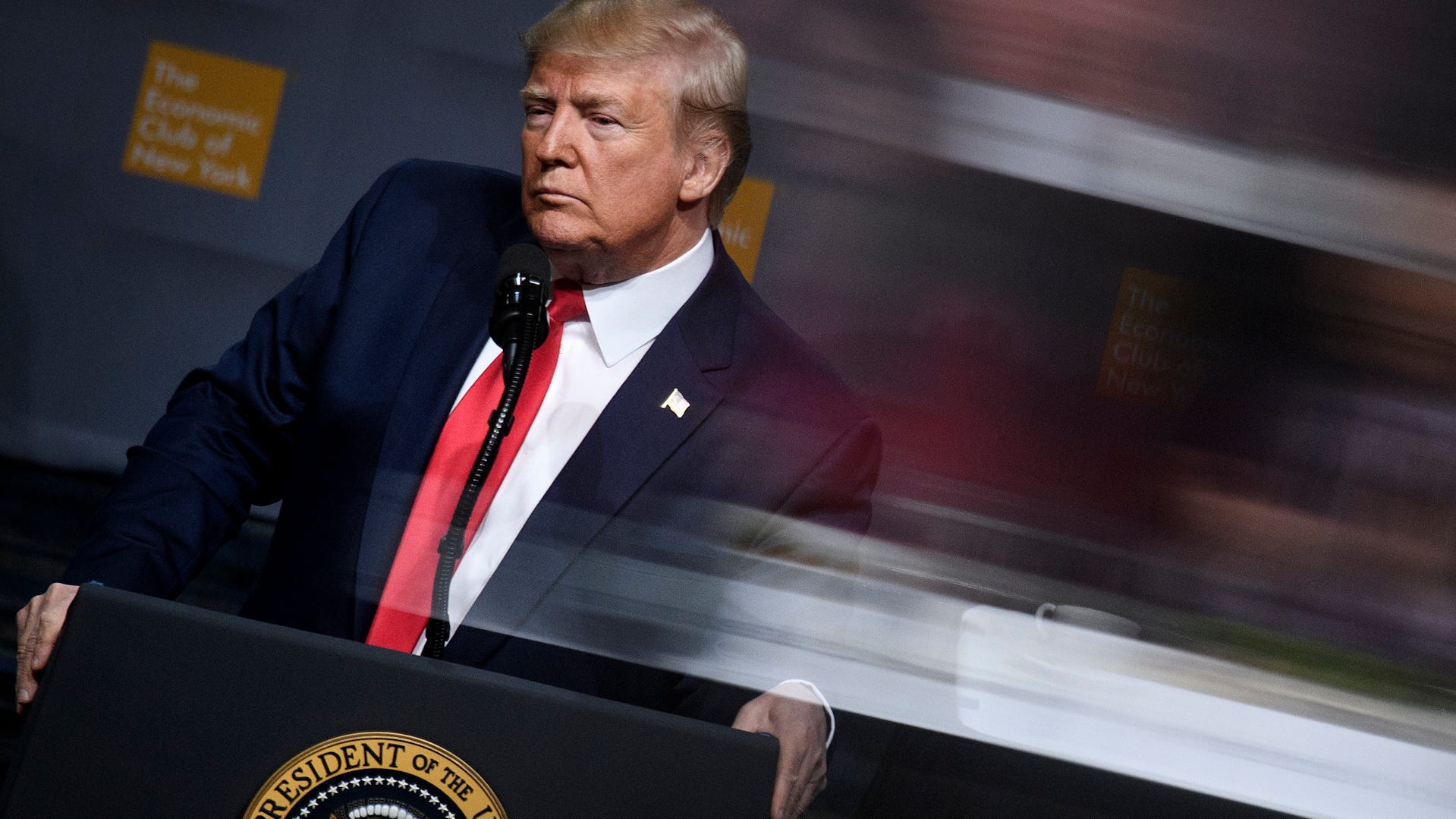What is 'Liberation Day'? Donald Trump promises reciprocal tariffs on April 2

- President Donald Trump declared April 2nd as "Liberation Day," marking the implementation of new tariffs on imports.
- The tariffs will target countries that impose fees on U.S. exports, with plans to match those fees.
- Specific details about the tariffs remain unclear, but auto tariffs on imported cars and car parts are expected to take effect on April 3rd.
President Donald Trump is touting Wednesday, April 2, as a day the U.S. gets "money, and respect, back," declaring the day as "Liberation Day."
Since taking office in January, Trump has repeatedly imposed — and sometimes withdrawn — tariffs on major trade partners like China, Canada and Mexico. Trump has vowed to expand on his perceived bargaining tool by introducing additional tariffs on these nations on Wednesday.
Here's what to know about Liberation Day.
What is Liberation Day?
Trump is seeking to boost domestic manufacturing by making it more expensive for companies to ship products into the U.S. by imposing "reciprocal tariffs" on countries, according to Paste BN.
Trump's plans will supposedly be further reaching than the current import levies already in place. Trump told reporters Sunday night that the tariffs will be "far more generous than those countries were to us," according to ABC News.
"Over the decades, they ripped us off like no country has ever been ripped off in history, and we're going to be much nicer than they were to us, but it's substantial money for the country," Trump said.
What are reciprocal tariffs?
Trump has said his administration's suite of reciprocal tariffs will apply to nations that charge fees on U.S. exports, promising to match those countries' fees with tariffs of the same rate.
Reciprocal, when used in the context of trade, usually refers to measures taken by both parties to ensure fairness in bilateral commerce. Trump, in the concept of "reciprocal trade," pushed reciprocal tariffs in his 2023 campaign materials, pushing an "eye for an eye" approach with other countries.
The full details of what will be announced Wednesday remain unclear. Auto tariffs on imported cars and car parts are expected to be in effect starting Thursday, April 3.
Other countries celebrate their own Liberation Day
A lot of Liberation Day celebrations around the world are linked to the end of conflict and oppression. The French celebrate the liberation of Paris from the Nazis during World War II on Aug. 25, and Libyans celebrate the end of dictator Muammar Gaddafi's reign in 2011 on Oct. 23.
When did Trump begin referring to a 'liberation day?'
This isn't the first time Trump has referred to a date as "liberation day." During his last presidential campaign, he repeated several times that Election Day, Nov. 5, would be liberation day for his supporters. He also repeated the phrase during his inaugural address on Jan. 20.
Paste BN reporter James Powel and Detroit Free Press reporter Todd Spangler contributed to this report.
Cooper Worth is a service/trending reporter for the Des Moines Register. Reach him at cworth@gannett.com or follow him on X @CooperAWorth.
This story was updated to add a gallery.